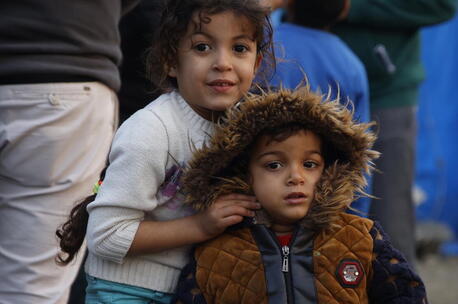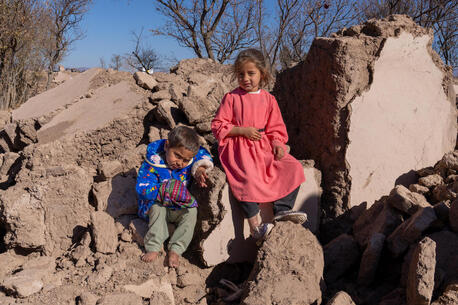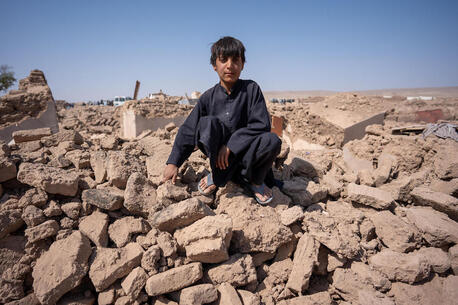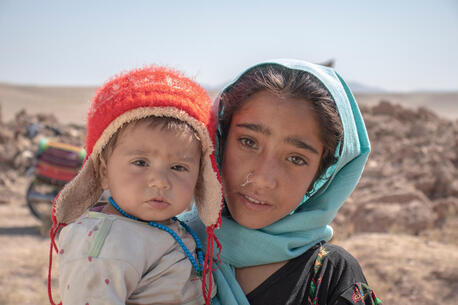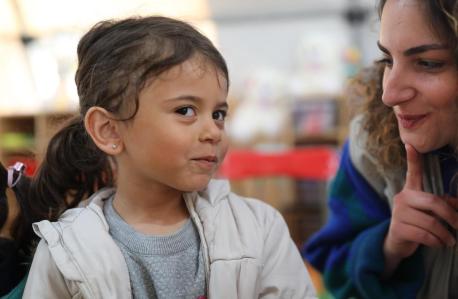
UNICEF in Türkiye
UNICEF's humanitarian mission in Türkiye (Turkey) focuses on supporting and protecting vulnerable children during early childhood and adolescence and assisting families still recovering from the impacts of devastating earthquakes.
Supporting vulnerable children — including refugees and children with disabilities
UNICEF has had a longstanding presence in Türkiye (Turkey), working primarily to help the country manage an influx of refugees and migrants while helping to improve and maintain essential services for all children, focusing on the most vulnerable.
Türkiye is home to close to 4 million refugees, the largest refugee population in the world. Most are war refugees from Syria, including an estimated 1.7 million Syrian child refugees. The vast majority live in host communities all across the country.
There are hundreds of thousands of non-Syrian refugees and asylum-seekers too, mainly from Afghanistan, Iraq and Iran.
In 2021, the government of Türkiye and UNICEF launched a new five-year country plan to support children at two key stages — early childhood and adolescence. Programs and interventions focus on girls and boys who are in need of protection or are otherwise vulnerable because of their socioeconomic status, refugee status, disability or lack of parental care. Close to one-third of children in Türkiye live in poverty.
UNICEF also works to strengthen national systems to ensure that children's rights are upheld and that their well-being is prioritized.
UNICEF's emergency response to 2023 Türkiye and Syria earthquakes
In February 2023, after a series of devastating earthquakes and aftershocks struck 11 provinces in southeastern Türkiye — as well as a large section of northwestern Syria — UNICEF was there to deliver emergency relief to impacted families alongside NGOs and other partners supporting the government's response.
Within a few weeks of the disaster, one of the deadliest in Türkiye's history, UNICEF had reached more than 351,000 people — including over 200,000 children — with hygiene kits, warm clothing and other critical supplies.
In those first few weeks, 83,000 children and caregivers had received mental health and psychosocial support from UNICEF-supported teams and trained social workers. Within a few months, the number had increased tenfold.
Another 3.4 million women, boys and girls were reached — including through social media — with information to help mitigate risks of gender-based violence.
UNICEF continues to provide learning supplies and to support catch-up classes for displaced students as well as ongoing work to repair damaged schools. With UNICEF's help, millions of people regained access to safe water by one method or another (water trucking, purification, system repairs, etc.). And hundreds of thousands of families received humanitarian cash transfers, along with information about what social services are available to them, from child protection to hygiene and sanitation.
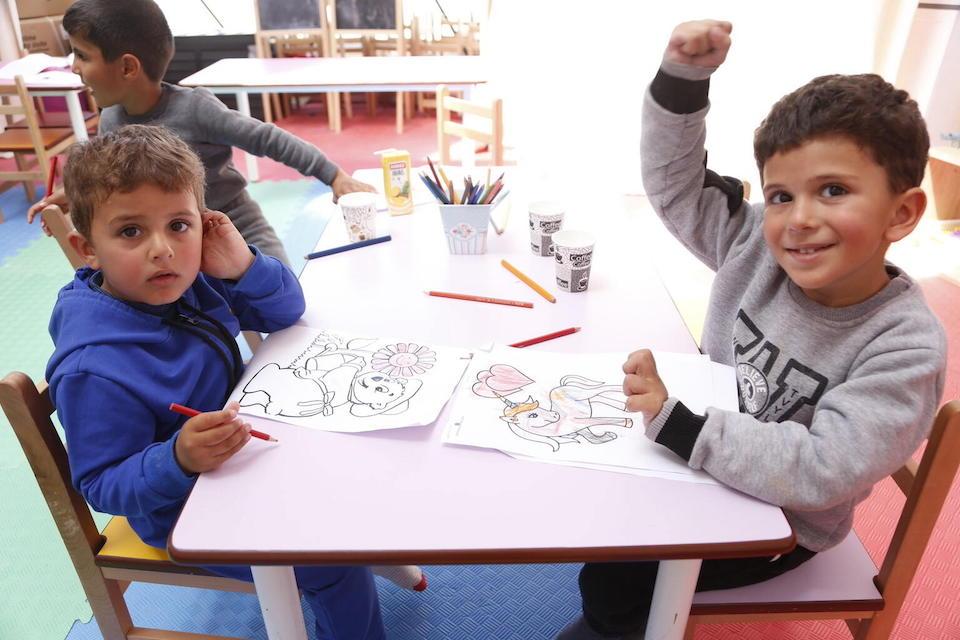
UNICEF continues to work closely with Türkiye's Ministry of Family and Social Services and other public entities and authorities as well as NGO partners to identify children who are victims of violence, abuse, exploitation or neglect and connect them with specialized services and support. This includes girls who are at risk of child marriage, a practice that persists in Turkish and refugee communities.
Learn more about where UNICEF works and what UNICEF does.
Help UNICEF ensure children are healthy, educated, respected and protected. Donate today.
